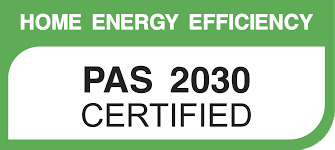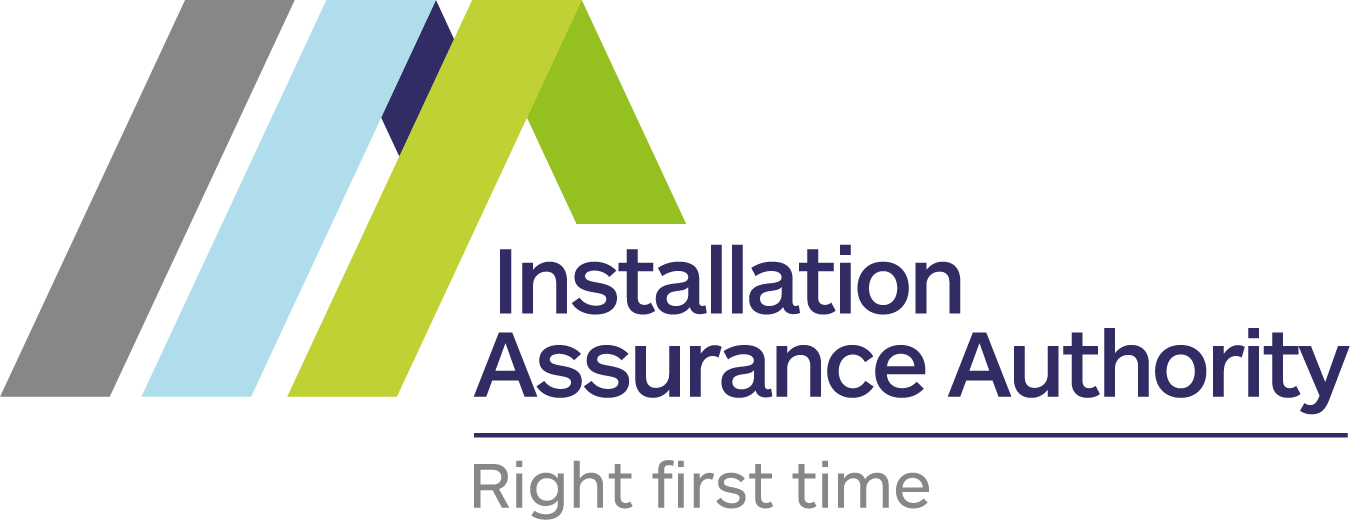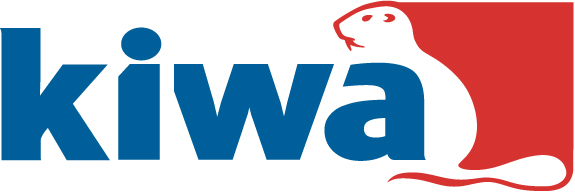PAS 2030 is a specification developed by the British Standards Institution (BSI) that sets out the requirements for the installation of energy efficiency measures in buildings. The specification is intended to ensure that energy efficiency measures are installed to a high standard, and that they are effective in reducing energy consumption and carbon emissions.
PAS 2030 was developed in response to the UK government's efforts to improve the energy efficiency of buildings, reduce carbon emissions, and tackle climate change. The specification sets out the requirements for the design, installation, and commissioning of energy efficiency measures, such as insulation, heating systems, and renewable energy technologies.
To be able to access certain government funding schemes, such as the Green Homes Grant, installers and companies must be certified to meet the requirements of PAS 2030. This certification ensures that the installers have the necessary skills, knowledge, and experience to carry out energy efficiency measures to a high standard, and that the measures installed will be effective in reducing energy consumption and carbon emissions.
In summary, PAS 2030 is a specification developed to ensure that energy efficiency measures are installed to a high standard, and that they are effective in reducing energy consumption and carbon emissions. Certification to PAS 2030 is often required to access government funding schemes for energy efficiency measures in buildings.




















